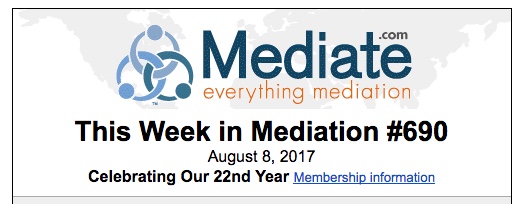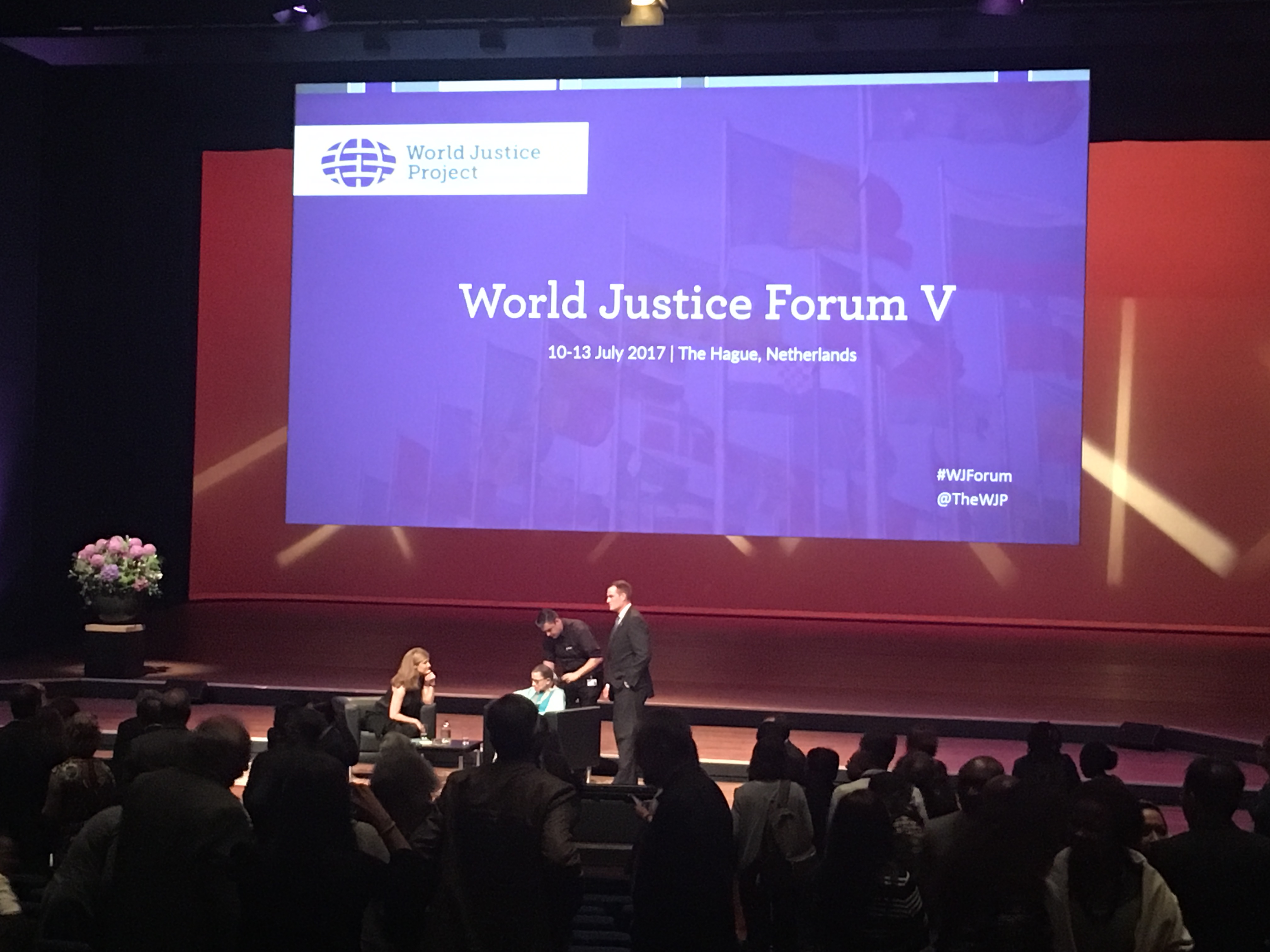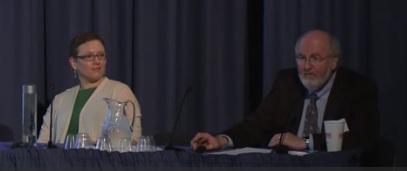 These are the notes from my opening remarks at the standards panel last Tuesday in Paris:
These are the notes from my opening remarks at the standards panel last Tuesday in Paris:
To set the frame for our discussion today, let me start with a few words about what I see as two “branches” of ODR – Wholesale ODR and Retail ODR.
By using the term wholesale and retail I am not referring to the dollar amounts involved in the ODR transactions. Rather, I am referring to the numbers of cases handled by ODR technology, and the dependence on algorithms to drive wholesale ODR.
Wholesale ODR can be most easily seen as the e-commerce platforms that handle millions of cases per year (eBay – at least 60 million per year, Ali Baba – over 100 million cases per year), and in the rapidly emerging online court systems like the one Tyler Technologies wants to build using Modria. There are so many cases that it is imperative that algorithms are developed to handle cases without the intervention of human mediators.
Retail ODR can be thought of as the kind of work I have done with the NMB. We may only have 60-80 mediation cases open at one time, and we may do only 5000 or so arbitrations every year, but the dollar figures can be large, and the need for individualized attention to the parties and the issues is pressing. For example, there is a case going on now in mediation with the potential, if a consensual agreement is not reached, to have an economic impact on the US economy of up to 1.5 billion dollars per day. So, again, wholesale and retail in this context are not about dollars and cents, but about case throughput and the need for smart systems.
In the past it has been difficult to get ADR practitioners to accept strongly enforceable standards or rules. There are standards and model rules, and they can be encouraged and enforced to some degree, but the wider ADR community has traditionally seen strong standards of conduct as a force working against creativity in the field. This may be changing a bit with the graduation of masses of dispute resolution students from universities, many of whom want their credentials to mean something more than a 40 hour court-approved mediation course.
Standards have an entirely different footing in the wholesale world. There, it is much easier to get consensus about the need for strong standards, and perhaps even certification and accreditation. Why? I think because of four reasons.
1 – The raw number of people affected by wholesale systems is huge, and the resultant impact can be equally huge.
2 – Wholesale systems are driven by algorithms, and it is much easier to talk about binding rules for fourth party systems than it is for human third parties.
3 – The fear that designers and coders will build bias into their systems, intentionally or unintentionally. Alma Abdul-Hadi Jadallah and I wrote about this in a general sense for the 2005 Cairo ODR Forum.
4 – The nature of algorithms, particularly learning systems that move toward a singularity (the ability of code to itself write code), are perceived as potentially dangerous or harmful. The latest edition of the Administrative Law Journal in the US has an article arguing that the nature of algorithms makes it desirable to create a regulatory agency to oversee and control algorithm development and deployment. (The article is called “An FDA for Algorithms.”)
While fourth party development and algorithms may be not urgent matters for Retail ODR, there is one area in which I think there will be some crossover, and where algorithm development may soon impact, for good or bad, depending on your point of view, Retail ODR providers. That area involves Big Data and the algorithms that can mine information from data provided by practitioners. The third parties alone may have retail practices, but all of their data taken together can be mined for patterns, hidden meanings, suggested outcomes, etc.
But, for now, the essential difference between Wholesale ODR and Retail ODR in terms of standards is that Wholesale ODR standards seem aimed to address what the system should do, while Retail ODR standards seem to address what the human third party should be expected to do.
Why have standards in the first place? I think because whether we are talking about fourth parties or third parties, interveners should have a good idea of how they should behave, and those in conflict whom we serve deserve a solid understanding of how the intervening parties will and should behave.
 Jie Zheng, a PhD researcher with the Department of Interdisciplinary Study of Law, Private Law and Business Law, at the University of Ghent/Universiteit Gent, has written a summary of the recent ODR Forum held in Paris. Her summary can be found, with a mention of those of us who were speaking about ODR and ethics, here: PARIS
Jie Zheng, a PhD researcher with the Department of Interdisciplinary Study of Law, Private Law and Business Law, at the University of Ghent/Universiteit Gent, has written a summary of the recent ODR Forum held in Paris. Her summary can be found, with a mention of those of us who were speaking about ODR and ethics, here: PARIS 










